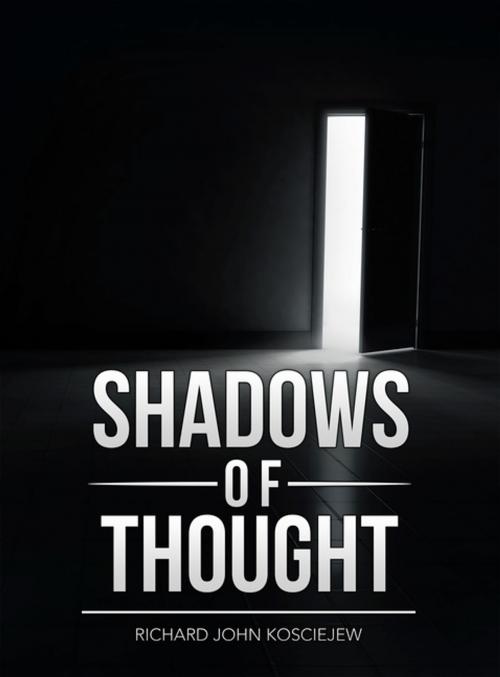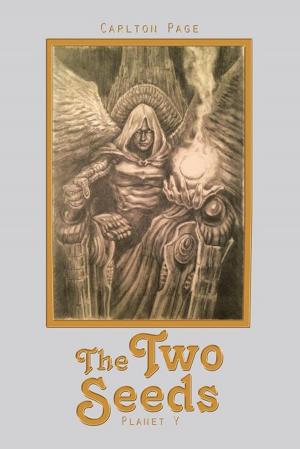| Author: | Richard John Kosciejew | ISBN: | 9781546237044 |
| Publisher: | AuthorHouse | Publication: | April 18, 2018 |
| Imprint: | AuthorHouse | Language: | English |
| Author: | Richard John Kosciejew |
| ISBN: | 9781546237044 |
| Publisher: | AuthorHouse |
| Publication: | April 18, 2018 |
| Imprint: | AuthorHouse |
| Language: | English |
Any of the existing classifications can usefully be supplemented by thinking about the functional differences or similarities revealed by the visual possibility of a frame of reference in terms of the distinction between nonconceptual and conceptual content. Of course, there are no dependence relations between concept possession and states with nonconceptual content. As a satisfactory theory of nonconceptual content must be able to provide an account of the conditions, under which it is appropriate and warranted to ascribe states with nonconceptual content, particularly of the evidence that might otherwise have been provided by language use. Some philosophers would resist that perceptual experience has nonconceptual content. It might be argued that the content of perception is exhausted by dispositions to acquire beliefs. The idea is that there is no more to perceptual content than can be given by perceptual beliefs or dispositions. To acquire such beliefs is only plausible if the notion of belief and of content possession are weakened so far that they effectively come into the domain of nonconceptual content. Broadly speaking, the idea is that if a subject is to be properly credited with mastery of the concepts in the thought (a being F), then that subject must be capable of thinking (a being G) for any property (G) of which he has a conception and similarly of thinking (b is F) for any object is that which he has a conception.
Any of the existing classifications can usefully be supplemented by thinking about the functional differences or similarities revealed by the visual possibility of a frame of reference in terms of the distinction between nonconceptual and conceptual content. Of course, there are no dependence relations between concept possession and states with nonconceptual content. As a satisfactory theory of nonconceptual content must be able to provide an account of the conditions, under which it is appropriate and warranted to ascribe states with nonconceptual content, particularly of the evidence that might otherwise have been provided by language use. Some philosophers would resist that perceptual experience has nonconceptual content. It might be argued that the content of perception is exhausted by dispositions to acquire beliefs. The idea is that there is no more to perceptual content than can be given by perceptual beliefs or dispositions. To acquire such beliefs is only plausible if the notion of belief and of content possession are weakened so far that they effectively come into the domain of nonconceptual content. Broadly speaking, the idea is that if a subject is to be properly credited with mastery of the concepts in the thought (a being F), then that subject must be capable of thinking (a being G) for any property (G) of which he has a conception and similarly of thinking (b is F) for any object is that which he has a conception.















